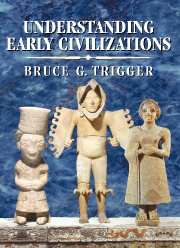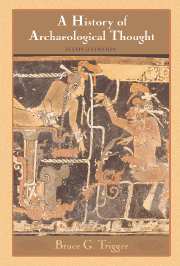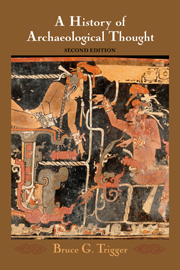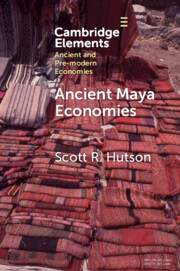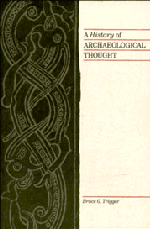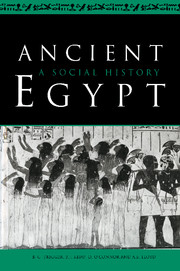Understanding Early Civilizations
This book offers the first detailed comparative study of the seven best-documented early civilizations: ancient Egypt and Mesopotamia, Shang China, the Aztecs and adjacent peoples in the Valley of Mexico, the Classic Maya, the Inka, and the Yoruba. Unlike previous studies, equal attention is paid to similarities and differences in their sociopolitical organization, economic systems, religion, and culture. Many of this study's findings are surprising and provocative. Agricultural systems, technologies, and economic behaviour turn out to have been far more diverse than was expected. These findings and many others challenge not only current understandings of early civilizations but also the theoretical foundations of modern archaeology and anthropology. The key to understanding early civilizations lies not in their historical connections but in what they can tell us about similarities and differences in human behaviour.
- Comprehensive - first comprehensive study of how early civilizations worked
- Comparative - a major contribution to the comparative study of human behavior
- Challenging - calls into question conventional understandings of how a comprehensive theory of social behavior can be constructed
Reviews & endorsements
'This work is a milestone in the scientific study of sociocultural evolution … I know of no other comparative study of early civilizations of similar scope, depth, and originality.' Philosophy of the Social Sciences
'Its comprehensiveness of theme, readiness to pursue profound if difficult and sometimes not readily answerable questions, and impressive control of a wide range of sources, reflect distinguished thought and dedicated effort … a major achievement.' The International History Review
'Understanding Early Civilizations is the capstone of Trigger's remarkable archaeological career. This is, quite simply, a definitive work.' Brian Fagan, University of California, Santa Barbara
'Trigger's study is monumental and magisterial. It is a work to treasure and digest for years to come.' Philip L. Kohl, Wellesley College
'The latest in Trigger's impressive string of ground-breaking works … An astounding work of scholarship.' Boyce Richardson
'This book is an extraordinary undertaking and a great achievement … It provides an accessible introduction to the problems and priorities of cross-cultural comparison and approaches to early civilisations.' Antiquity
Product details
June 2007Paperback
9780521705455
774 pages
236 × 175 × 43 mm
1.43kg
Available
Table of Contents
- Part I. Introduction:
- 1. Rationalism and relativism
- 2. Comparative studies
- 3. Defining 'early civilization'
- 4. Evidence and interpretation
- Part II. Sociopolitical Organization:
- 5. Kingship
- 6. States: city and territorial
- 7. Urbanism
- 8. Class systems and social mobility
- 9. Family organization and gender roles
- 10. Administration
- 11. Law
- 12. Military organization
- 13. Sociopolitical constants and variables
- Part III. Economy:
- 14. Food production
- 15. Land ownership
- 16. Trade and craft specialization
- 17. Appropriation of wealth
- 18. Economic constants and variables
- Part IV. Cognitive and Symbolic Aspects:
- 19. Conceptions of the supernatural
- 20. Cosmology and cosmogony
- 21. Cult
- 22. Priests, festivals, and the politics of the supernatural
- 23. The individual and the universe
- 24. Elite art and architecture
- 25. Literacy and specialized knowledge
- 26. Values and personal aspirations
- 27. Cultural constants and variables
- Discussion:
- 28. Culture and reason
- 29. Conclusion
- References
- Index.

